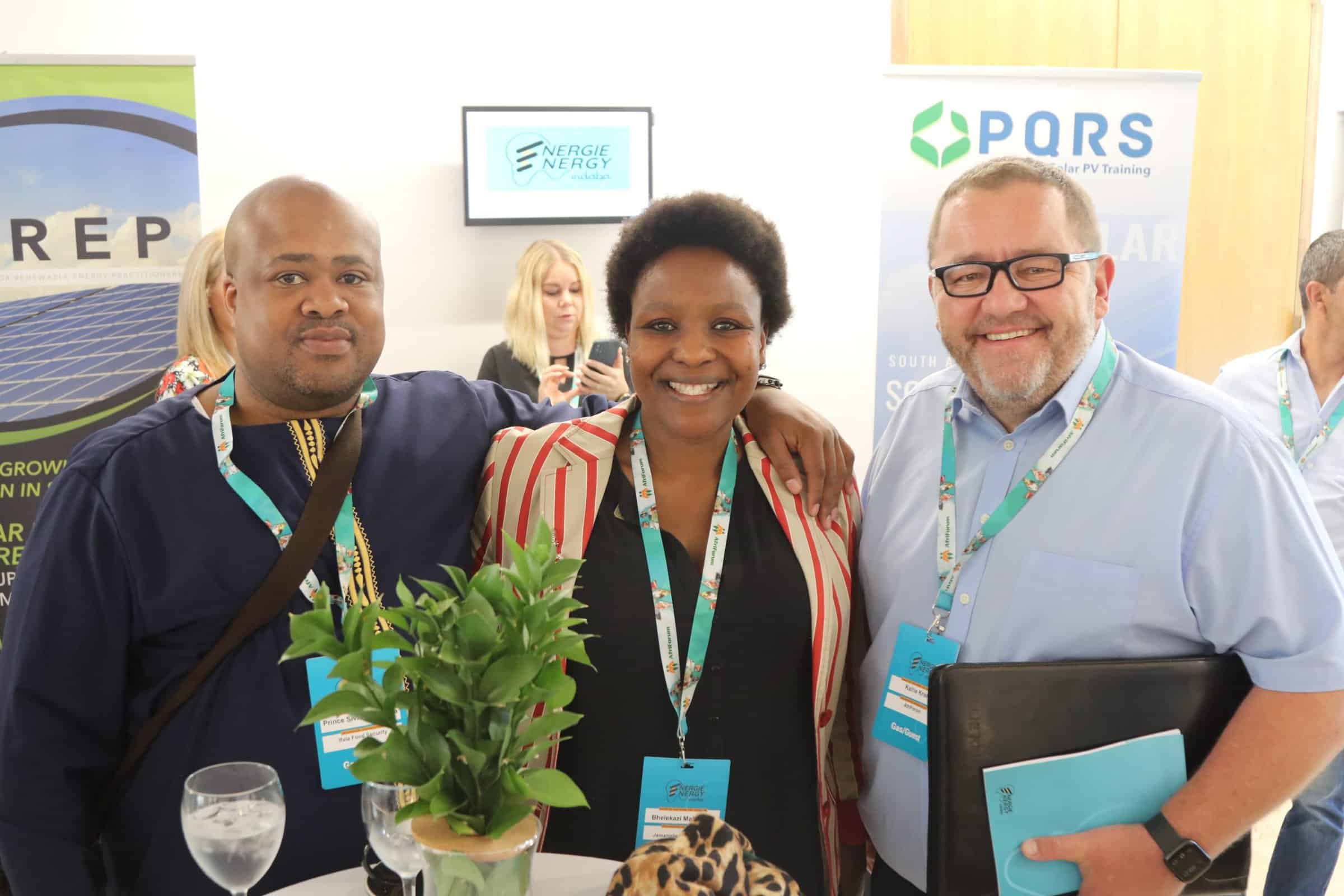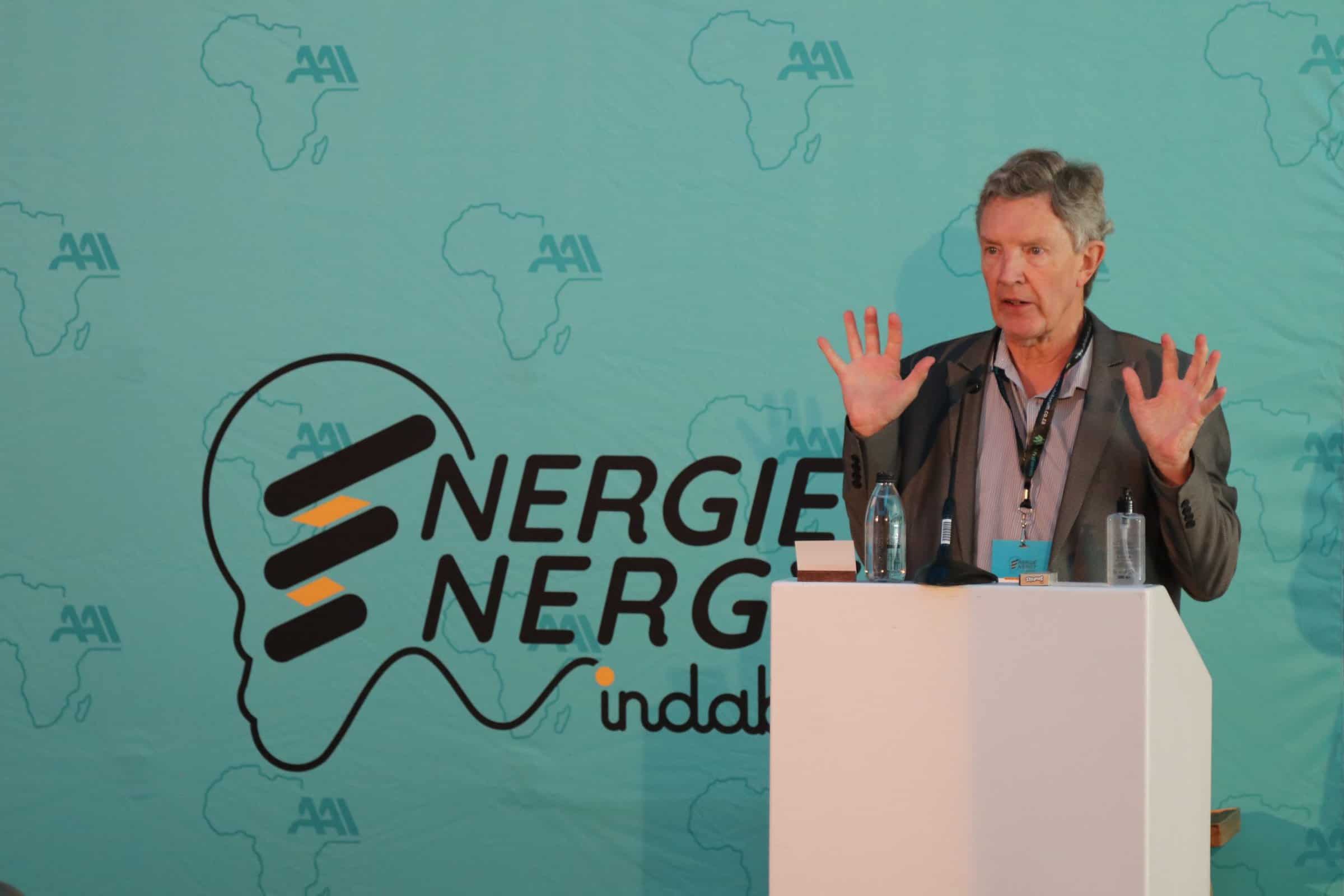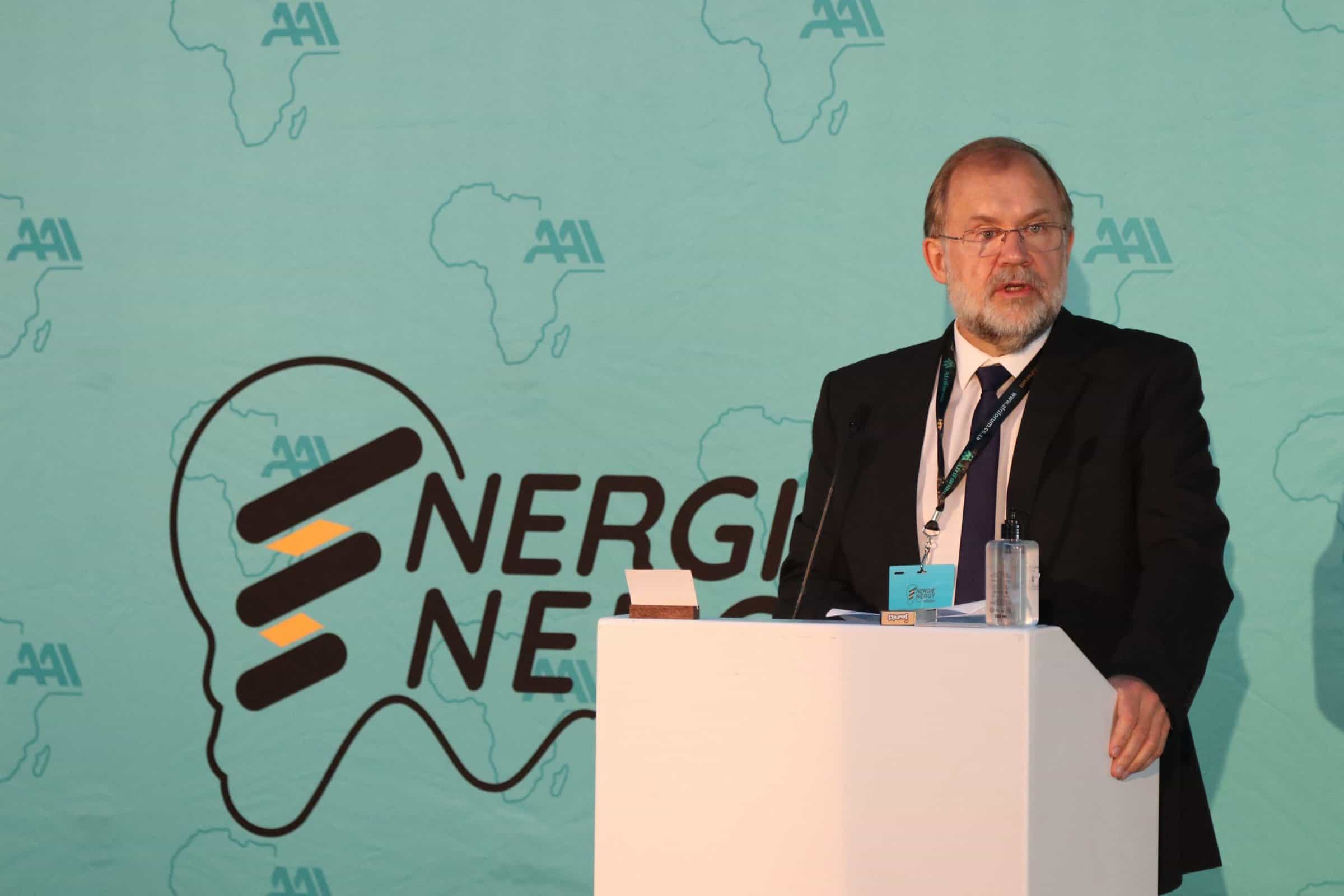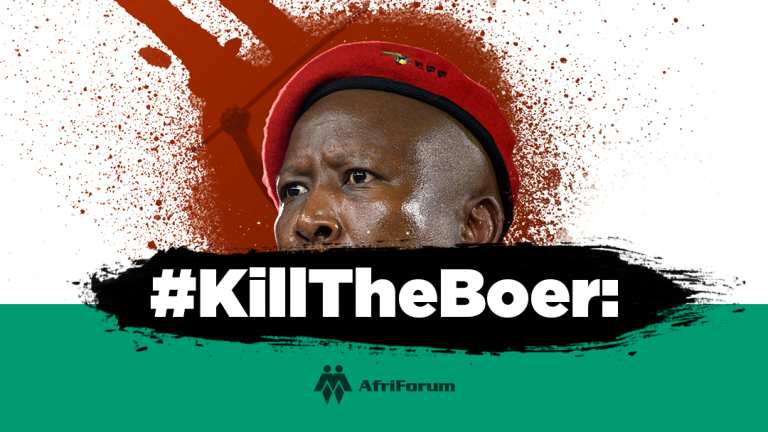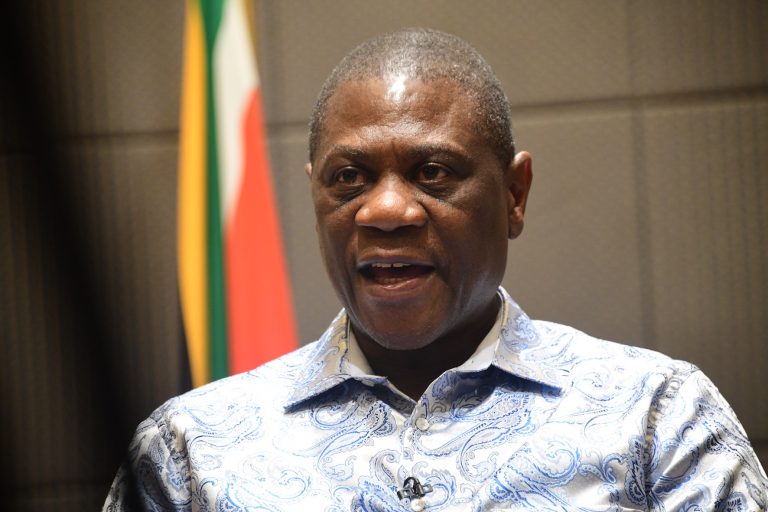Energy Indaba: Innovative energy solutions for municipalities now needed to build sustainable communities
The Afrikaner Africa Initiative (AAI), representing twelve Afrikaner organisations and leaders, organised an Energy Indaba for local authorities with the support of the Konrad-Adenauer-Stiftung and AfriForum. The AAI stressed the need for communities to work together and find innovative solutions for the ongoing energy crisis.
The indaba was opened by the mayor of Cape Town, Geordin Hill-Lewis, and focused on the importance of municipalities increasing and diversifying their energy supply because they cannot rely solely on Eskom.
The mayors of Mossel Bay, Plettenberg Bay, George and Riversdale in the Western Cape, and Douglas, Springbok, Upington and Kimberley in the Northern Cape, as well as experts in the energy sector and interested stakeholders from the private sector, attended the indaba. The indaba provided an opportunity for new role players in alternative energy technologies to offer innovative technology solutions for greater security of energy supply.
Jan Oberholzer, Chief Operating Officer of Eskom, brought new insights into the role of Eskom in a rapidly changing energy environment. He emphasised that Eskom is doing everything possible to solve the power crisis.
According to Johan Kruger, Head of Community Sustainability at AfriForum, the overwhelming message from the speakers at the indaba was that communities should seize upon the opportunities for collaboration with pioneers in energy innovation in the private sector.
Chris Opperman, the convener of the AAI, said that the participants discussed a range of exciting alternative technologies, including nuclear and solar energy solutions, at the indaba. Independent power producers have become indispensable to South Africa’s energy future. Communities should, however, work together to ensure that the political will exists to address their interests and not only the interests of the private sector. “We must ensure that no one is left behind,” Opperman stressed.
As the mayor of Cape Town, Hill-Lewis made it clear that this metro has already come a long way to greater energy independence through agreements with independent power producers.
Contributions by other speakers included success stories from different parts of the world where microgrids consisting of hybrid solutions for renewable energy have achieved great success and on successes of private energy supply in South Africa.
André Pienaar, a venture capitalist and founder of C5 Capital, made an important contribution by expanding upon his involvement in developing modular pebble bed nuclear technology. “It is clear that nuclear energy can and must play a major role in making towns and cities energy independent in the future,” said Pienaar.
Dr Theuns Eloff, Co-chairperson of the AAI, emphasised that a wide variety of role players are now starting to collaborate, which did not happen before. Afrikaner organisations are ready to do their part to solve the energy crisis and want to offer their expertise and technical knowledge for the benefit of the country. AfriForum and Solidarity, Neasa, the Suid-Afrikaanse Akademie vir Wetenskap en Kuns, Saai, Sakeliga, the FAK, the Vryheidstigting and the Afrikanerbond are working together under the banner of the AAI to be of service to South Africa in many areas of endeavour. Flip Buys, Chairperson of the Solidarity Movement, also emphasised the role that communities can play in finding solutions.
“Government owes it to the country and its citizens to encourage municipalities to find alternative energy solutions and not only rely on Eskom. Eskom remains a key player, but communities need a reliable energy supply to thrive and prosper. We have the answers, but municipalities will have to act and innovate to bring about a turnaround in the energy landscape at the local level. Therefore, there must be a realisation and the will that we need to join hands with local communities, municipalities, Eskom, and independent power producers to find sustainable energy solutions,” concluded Kruger and Opperman.
